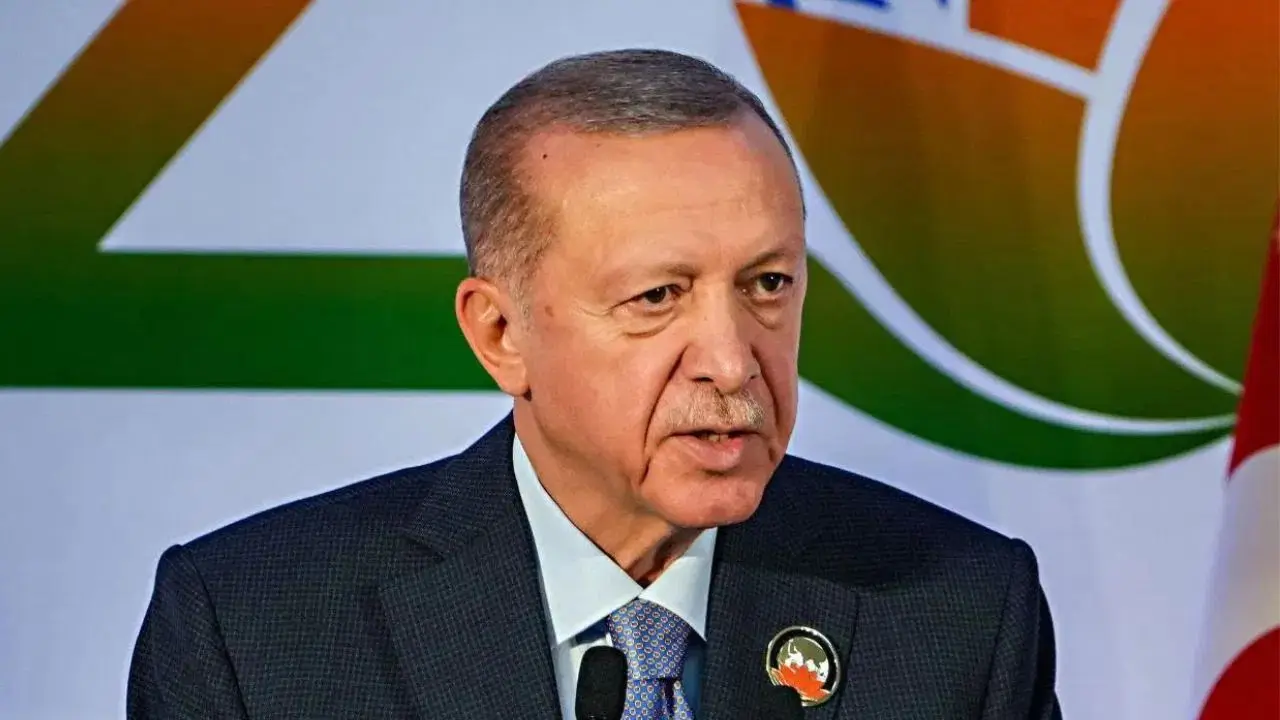
The Past Refuses to Stay Buried: Can Turkey and Greece Overcome Their Centuries-Old Rivalry? (Social media)
Turkey and Greece's long-standing feud has erupted anew as both countries have now exchanged acrimonious verbal blows over history. It started when the Greek President marked the anniversary of the Pontic massacre, a horrific incident during the Greco-Turkish War of 1919-1922. The Greeks blamed Turkey for massacres and genocide, and the Turkish Foreign Ministry was quick to react with indignation.
The Turkish Foreign Ministry made a statement denouncing the Greek authorities' statements as "groundless" and "way off the mark historically." The Turks rejected the accusations made by the Greeks, calling them "fictional" and intended to discredit Turkey's War of Independence. The ministry also referred to a report of the commission of inquiry and Article 59 of the Treaty of Lausanne, which recorded Greek war crimes against the laws of war.
Greeks had formally ratified the killing of 370,000 Greeks living along the Black Sea coast from 1914 to 1923 as a genocide in 1994 and announced May 19th as an anniversary remembrance day. Turkey retaliated by accusing Greece of reading Greek history on its head and overlooking charges against the country in reference to the war. The Turkish government referred to the Anatolia region, announcing that it was a "historical fact" that the Greek army committed "atrocities in Anatolia."
Though tensions are rising, both countries appear to be sensitive to the necessity of controlling their relationship. Turkish Foreign Ministry called on Greek authorities to abandon their strategy of referring to historical events to rally the masses and invoked the year 1821 and "reminding the barbaric atrocities committed against Turks and other minority groups starting with the Tripolitsa Massacre." The foreign ministry also hopes that efforts aimed at reviving the hatred of the past and causing damage to the relations between the two countries will cease.
The 1919-1922 Greco-Turkish War was a traumatic experience in both countries' history. The war caused huge loss of life, displacement, and deep-seated hatred. The Pontic massacre is a particularly touchy subject, with the Greeks blaming Turkey for genocide and atrocities, and the Greeks accusing Turkey of genocide and atrocities. The event is considered by Turkey, however, to be one of its Wars of Independence, commanded by Mustafa Kemal Atatürk.
The recent exchange between Turkey and Greece raises questions about the future of their relationship. Can they move forward and find a way to reconcile their differences, or will the past continue to haunt them? The answer remains uncertain, but one thing is clear that both nations need to find a way to manage their historical disputes and work towards a more peaceful future.





Copyright © 2026 Top Indian News
